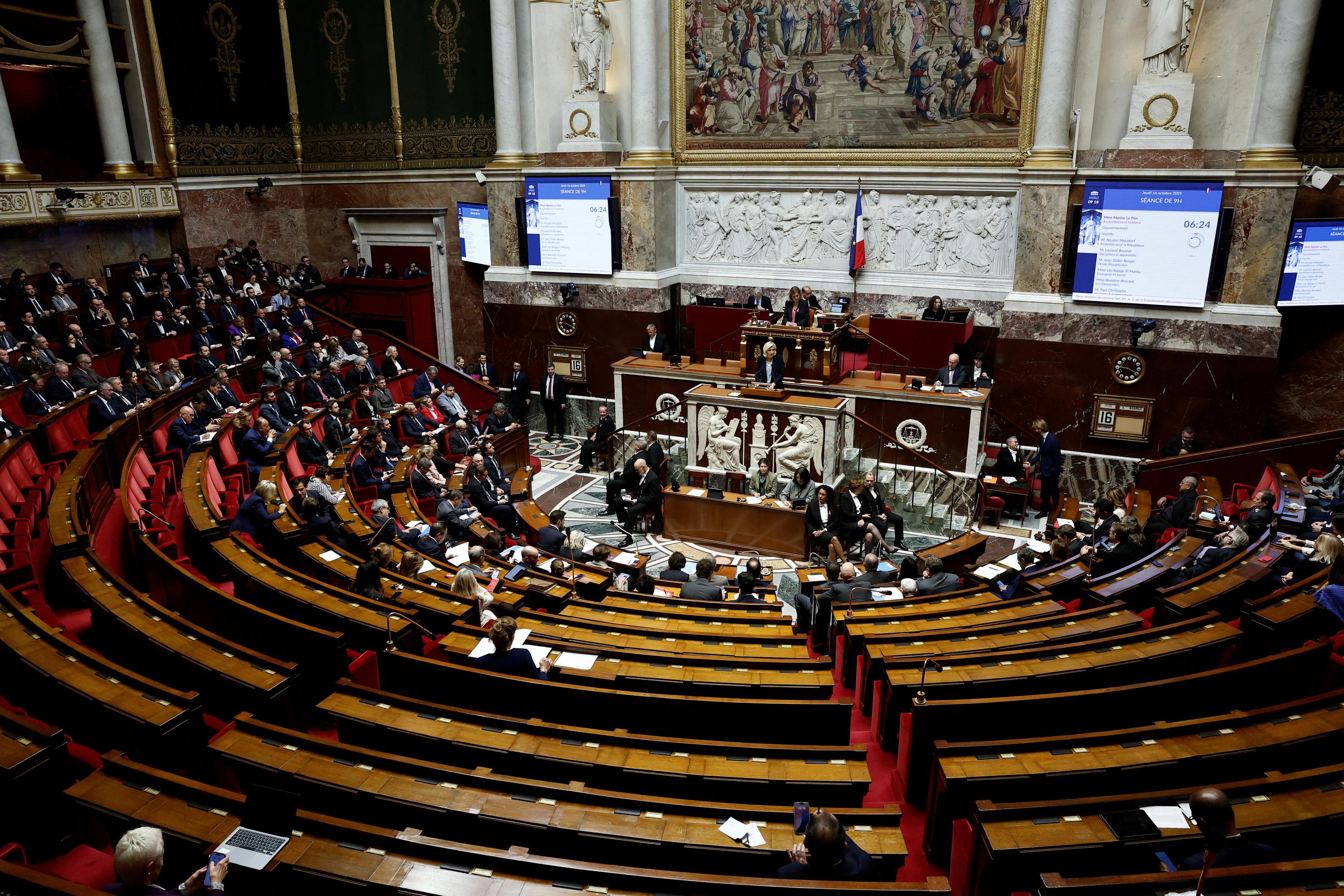Intense Debate on High-Income Taxation Marks Start of 2026 Budget Examination in France
France's 2026 budget review begins with intense debates over high-income taxation, especially the proposed 'Zucman tax', sparking contrasting views among politicians and wealthy entrepreneurs.
- • The National Assembly started examining the 2026 budget with 1,710 amendments submitted.
- • Key issues include the 'Zucman tax', a 'climate ISF', and a financial wealth tax proposal.
- • Government coalition faces challenges without the 49.3 fast-track procedure.
- • Two ultra-wealthy entrepreneurs express opposing views on the Zucman tax's impact.
Key details
The French National Assembly commenced the examination of the revenue section of the 2026 state budget on Monday, October 19, 2025, amid heated discussions on high-income and environmental taxation. This year’s review involved 1,710 amendments submitted by various political groups, slightly fewer than the previous year's 1,857. Notable points of contest include the introduction of the so-called 'Zucman tax' targeting high wealth, a proposed 'climate ISF', and a financial wealth tax advocated by the Rassemblement national party.
According to Le Figaro, the examination is expected to be intense as the government's usual use of the 49.3 procedure to fast-track budget approval has been ruled out, raising doubts on the coalition's unity during the deliberations. Some coalition members advocate removing measures like the extension of the exceptional contribution on high incomes. Other debated proposals include eliminating tax exemptions on daily allowances for individuals with long-term illnesses and further ecological penalties on polluting vehicles. Interestingly, certain proposals on retirement tax deductions may foster cross-party consensus.
The debate on the 'Zucman tax' has also elicited strong reactions from affluent individuals. Two entrepreneurs with assets exceeding 100 million euros shared contrasting perspectives in a France Inter feature. Philippe Veran, CEO of Biotechdental, opposes this tax vehemently, noting it would cost him 12 million euros which he cannot afford due to heavy reinvestment in his factory operations. Veran indicated he might leave France should the tax be enacted. Conversely, Jean-Baptiste Rudelle, founder of the tech company Criteo, supports the tax as a symbolic responsibility signal from the wealthy, asserting it would not materially affect his lifestyle.
Éric Coquerel, president of the Finance Committee, expressed hope for a successful and collaborative review process if all parties cooperate. The issues at stake make the 2026 budget examination a critical moment for France’s fiscal and social policies, as the government navigates balancing environmental commitments and addressing wealth inequality.
This article was translated and synthesized from French sources, providing English-speaking readers with local perspectives.
Source articles (2)
Paroles d'ultrariches
Source comparison
Latest news
France Returns the Djidji Ayôkwé Talking Drum to Côte d'Ivoire After Over a Century
Record 37 Days of Rain Triggers Ongoing Severe Flooding in Western France
Political Divisions and Social Tensions Intensify Following Quentin Deranque’s Death in Lyon
French Economy Minister Calls for Full Insurance Industry Mobilization Amid Devastating Storm Floods
France Boosts Social and Solidarity Economy with New Tools and Potential Tax Reforms in 2026
Saint-Nazaire Mayor Condemns Vandalism of Two Political Offices as Attack on Democracy
The top news stories in France
Delivered straight to your inbox each morning.


